Nato announced Thursday a long-awaited expansion of its peacekeeping force in Afghanistan, a move strongly pressed for by Washington as it seeks to reduce pressure on stretched US troops world-wide. Nato defence ministers also agreed plans to forge a unified command between Nato's International Security Assistance Force (ISAF) and the US-led Operation Enduring Freedom (OEF) in the war-scarred country.
"I am pleased to announce that Nato will now proceed to further expand (ISAF) into the west of Afghanistan," said Nato chief Jaap de Hoop Scheffer, adding that the expansion would add 500 troops to the force's total strength.
The move "underscores Nato's long-term commitment to helping Afghanistan build a stable, prosperous and democratic future," he added.
Nato took over the ISAF force in 2003. It currently comprises some 8,300 soldiers from more than 30 countries, deployed in the Afghan capital Kabul and the north in the form of provincial reconstruction teams (PRTs).
Last year Nato's political leaders agreed to extend into the more remote west of the country. But military chiefs have struggled to drum up the necessary contributions on the ground - until now.
Under Thursday's accord, Italy, Spain and Lithuania - the latter among seven ex-Soviet bloc states which joined Nato last year - are to take command of four PRTs and a forward operating base in the city of Herat.
The expansion will roughly double the territory covered by ISAF, from some 25 percent of Afghanistan to 50 percent of the country, many parts of which are mountainous and remote.
For the United States, the new ISAF expansion is welcome news, as it seeks to ease the pressure on its forces committed both in Afghanistan and Iraq, its key front lines in the "war on terrorism" triggered by the September 11 attacks.
US Defence Secretary Donald Rumsfeld did not immediately comment on the agreement.
The Nato secretary general would not be drawn on exactly when the expansion will take place, saying only that he hoped it will be "as soon as possible." But ISAF's French commander General Jean-Louis Py, who briefed the Nato ministers on the situation on the ground, said that ideally they should be on the ground "one or two months" before elections, expected before the summer.
Speaking to reporters he played down the security problems facing Nato in the more remote parts of western Afghanistan.
"I am very optimistic ... because the security situation is appropriate," he said, adding that "the threats in the West are completely comparable with what we found in the north" of the country last year.
German Defence Minister Peter Struck, whose country provide the most troops to ISAF, suggested his country was softening on the question of merging the Nato and US-led missions.
Berlin is concerned because Germany's constitution prohibits it from deploying combat forces outside its country, and Operation Enduring Freedom includes more front line forces fighting remnants of the ousted Taleban.
But Struck said that Berlin may be ready to be flexible. "I can certainly imagine an expansion of this (ISAF) mandate, but for that we need an amended decision by parliament," he said.
BR100
15,100
Increased By
41.1 (0.27%)
BR30
43,391
Increased By
460 (1.07%)
KSE100
148,892
Increased By
77.2 (0.05%)
KSE30
45,214
Increased By
8 (0.02%)


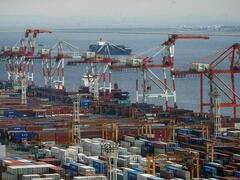


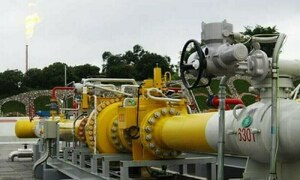
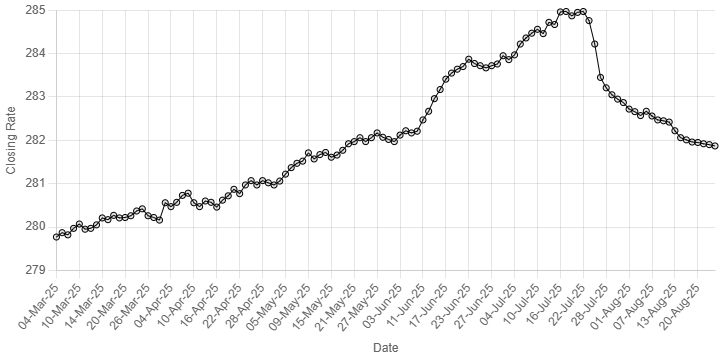
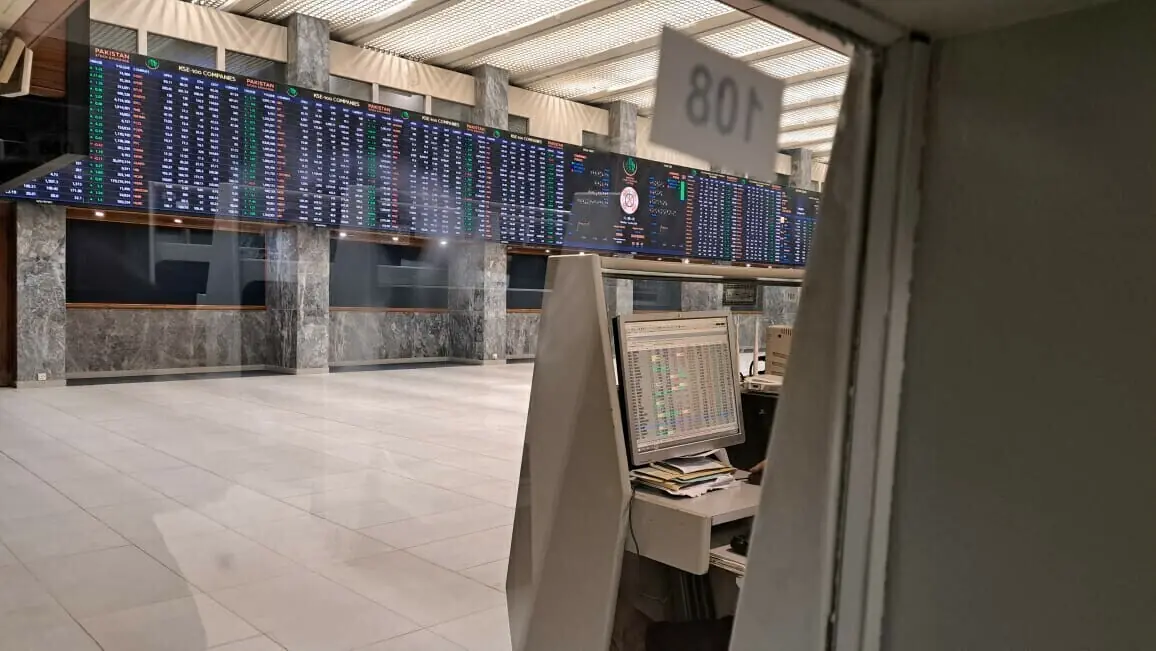



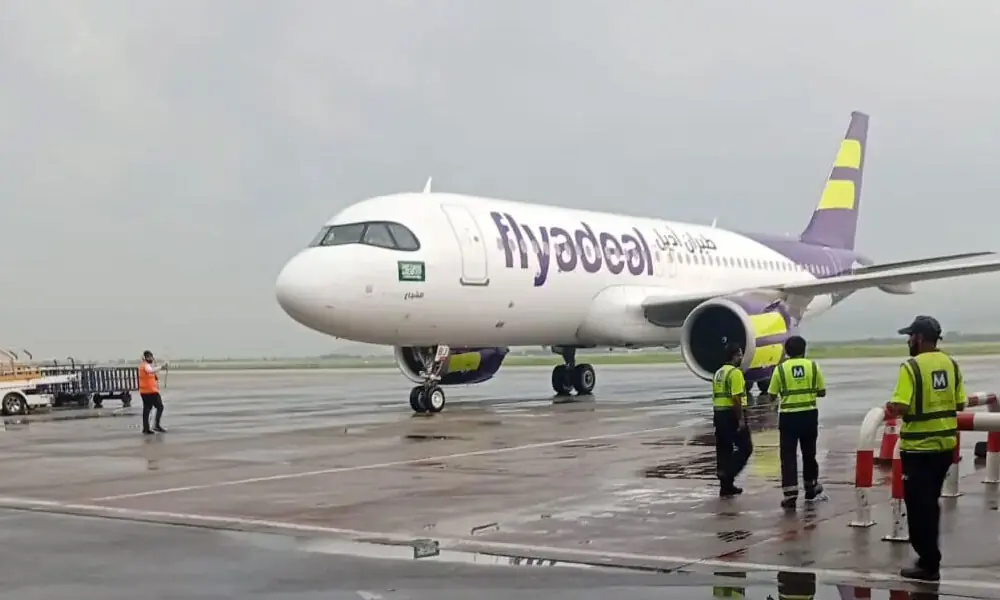

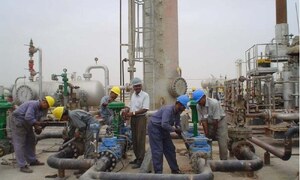
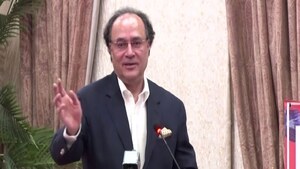
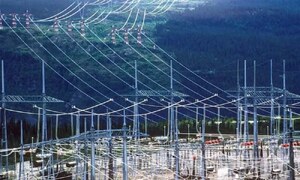

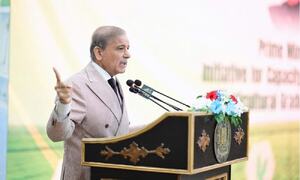
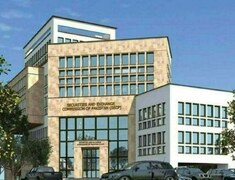


Comments
Comments are closed.